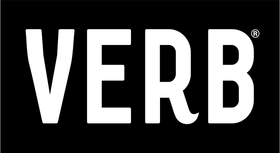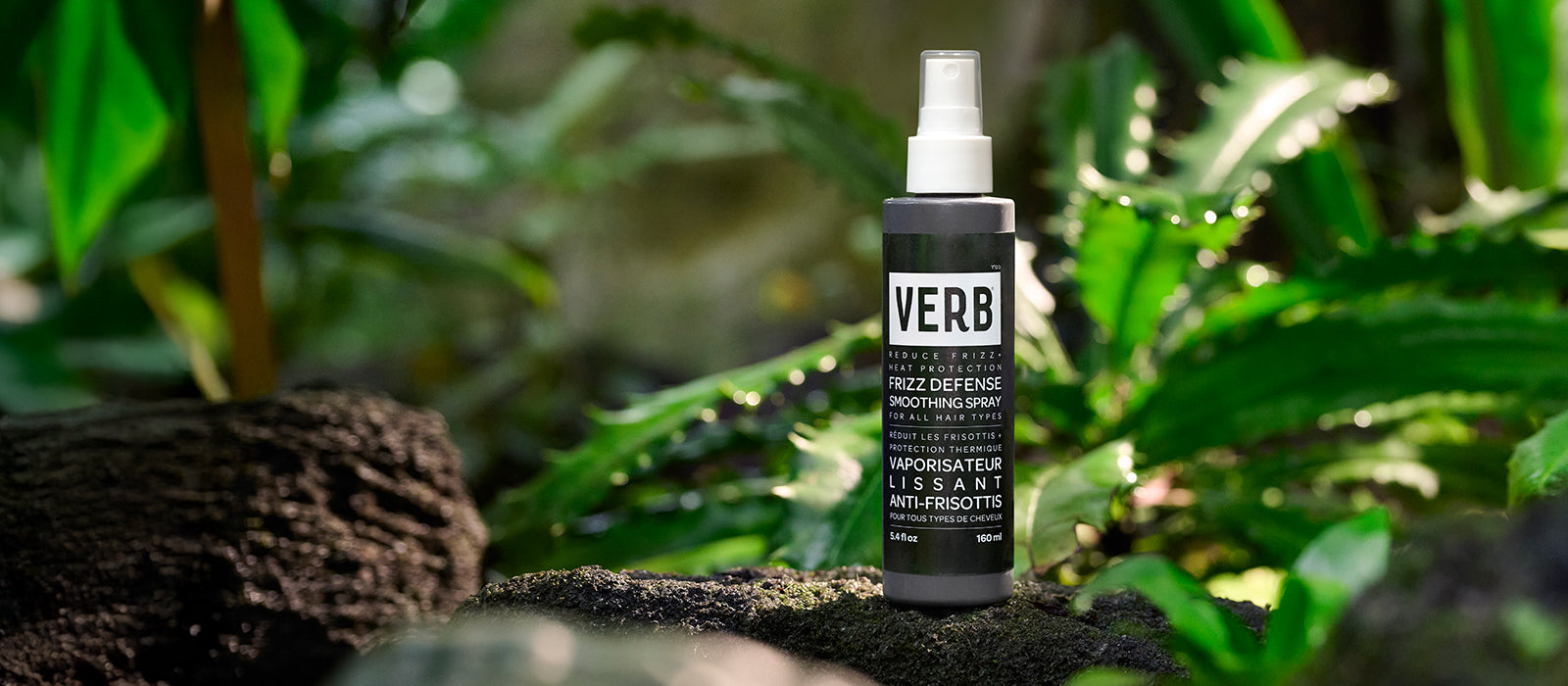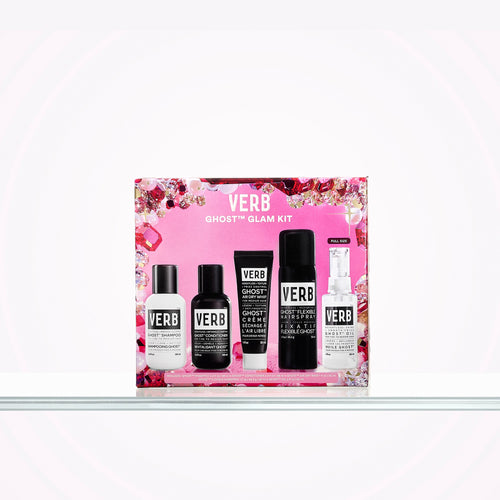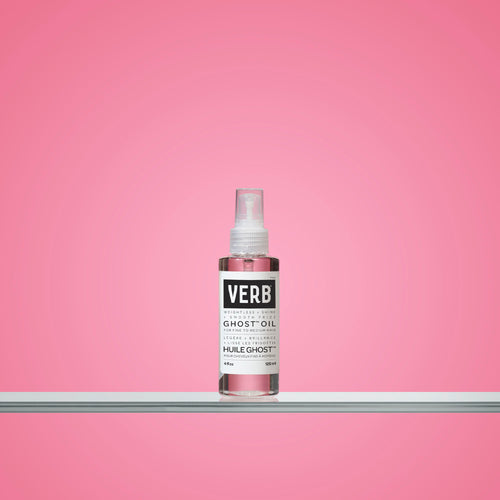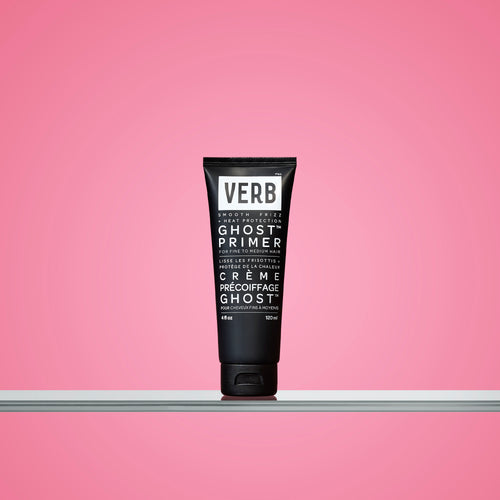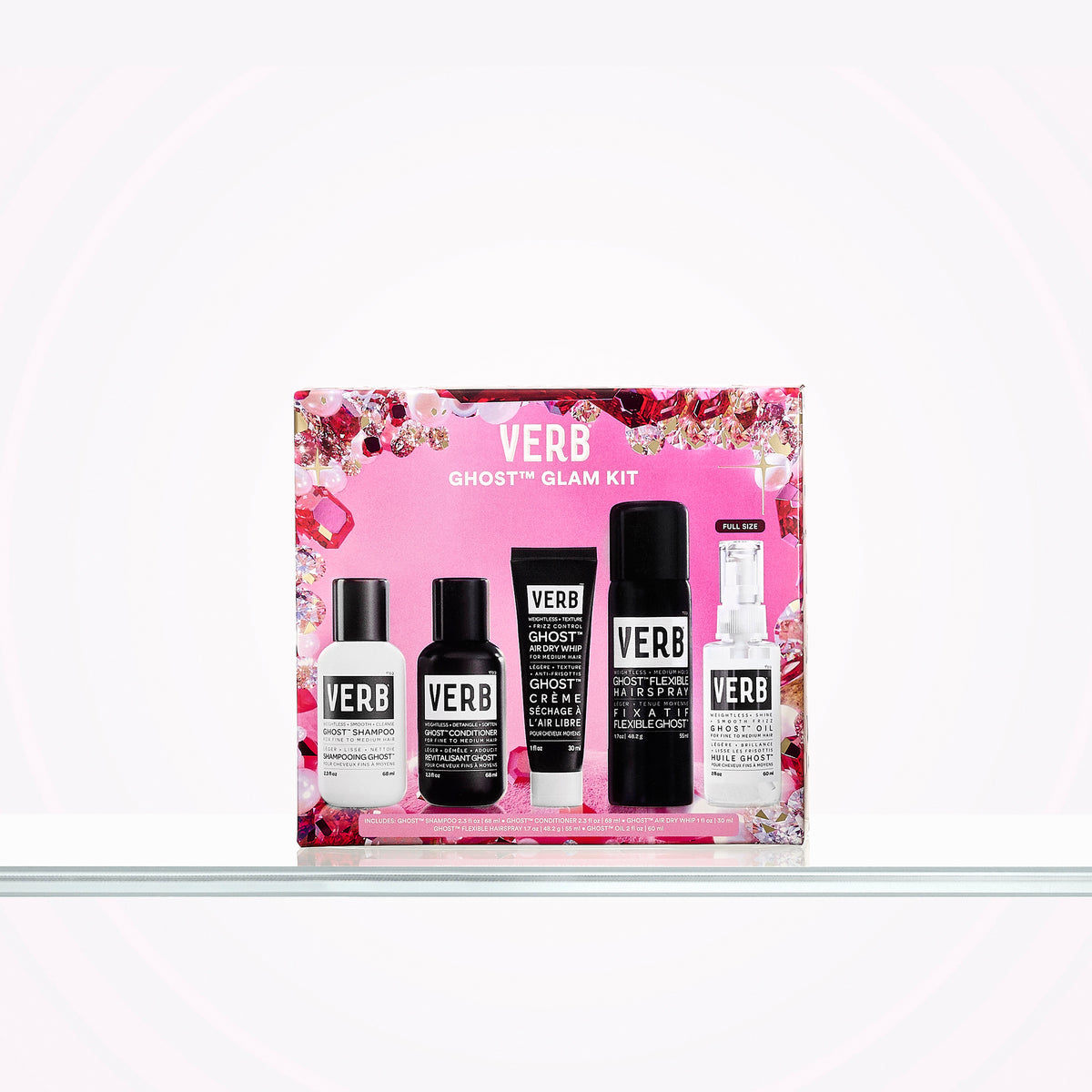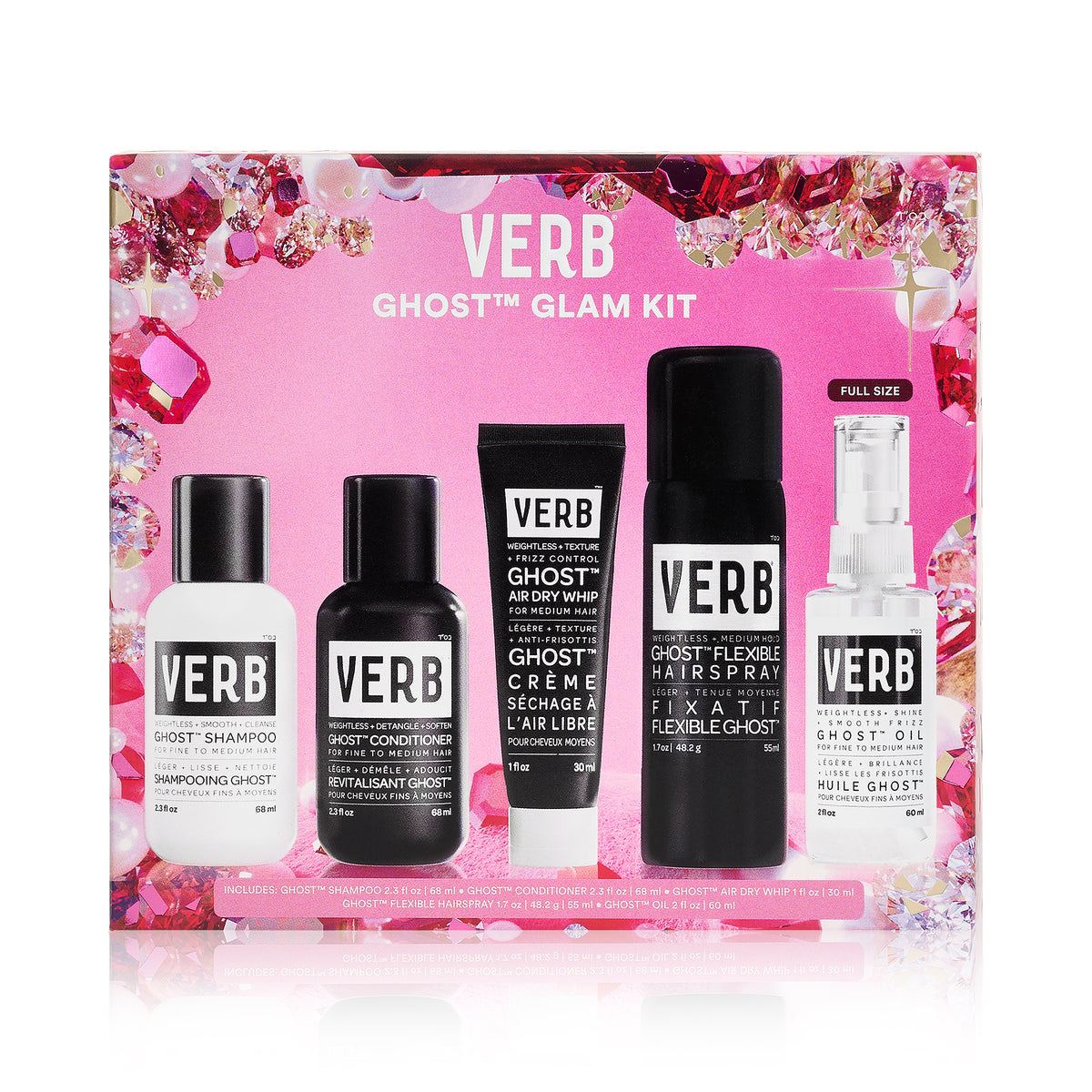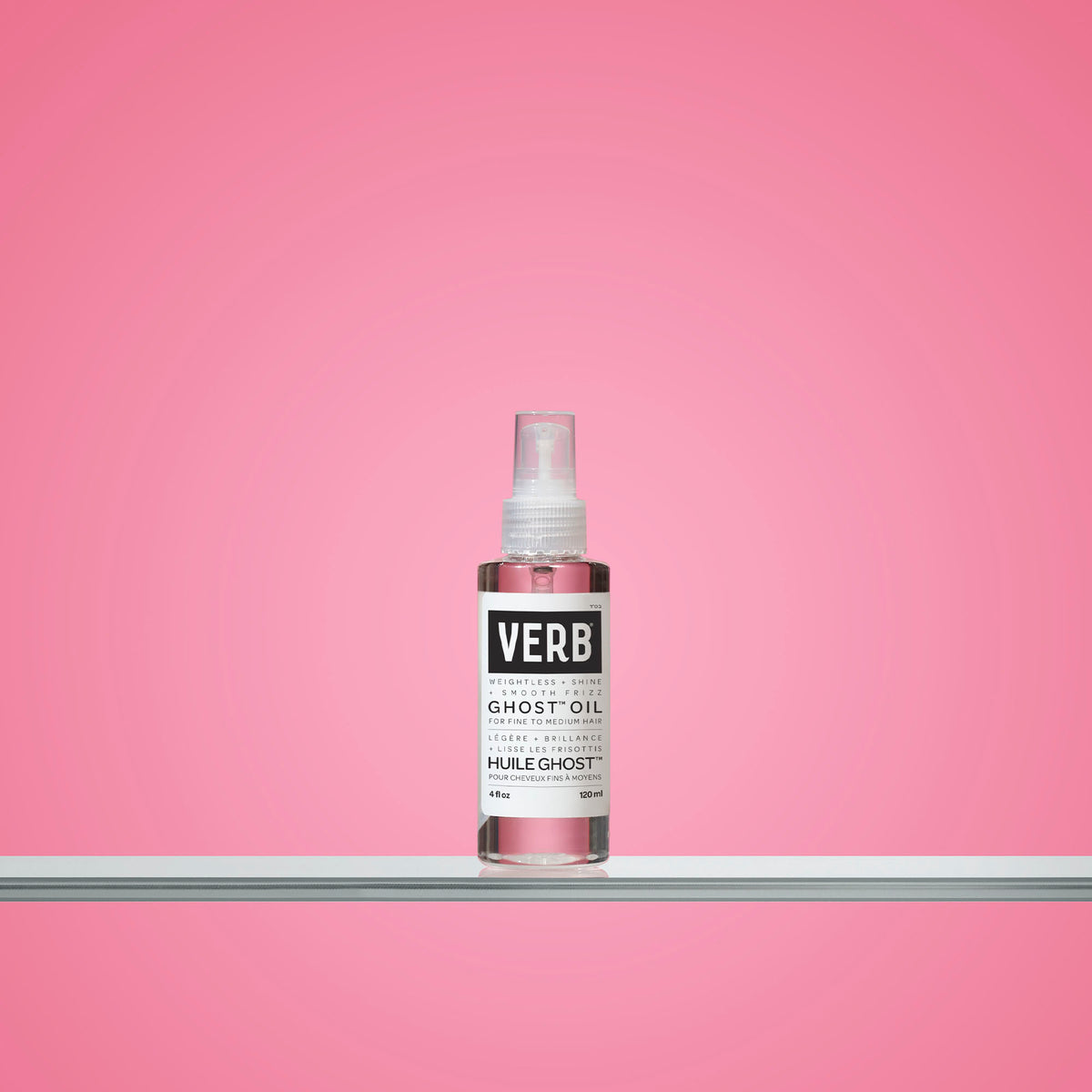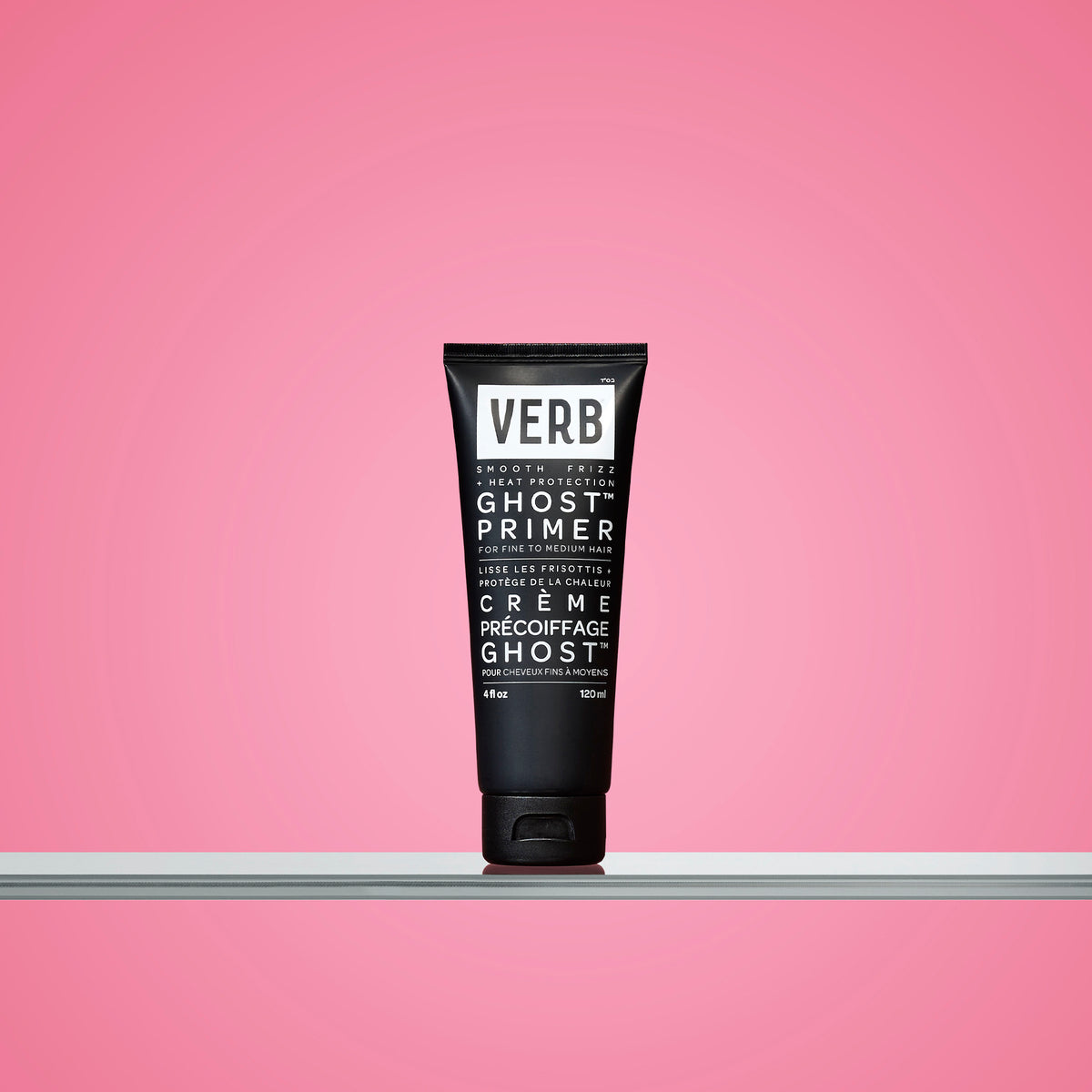If you have curly hair, you know the struggle of maintaining gorgeous coils and waves. But heat styling, hair coloring and everyday elements can leave your once-bouncy curls feeling dry, frizzy and lacking definition. But there’s good news — damaged curls aren't a permanent state! By incorporating some key practices and techniques into your routine, you can restore your curls and bring them back to health.
What does damaged curly hair look like?

Source: Pinterest
The first step to repairing damaged hair is by recognizing the signs of damage, which can show themselves in a few ways. If these sound familiar, don't worry — we've got your back!
- Loss of Definition: Once-springy curls become limp and loose, no longer holding shape and bounce. They may appear stretched out or undefined.
- Increased Frizz: Hair feels dry and rough to the touch with flyaways galore. Frizz is a telltale sign that your curls need moisture.
- Breakage: Split ends become a constant battle and hair seems vulnerable to snapping. Frequent breakage likely indicates damage to the hair shaft.
formulated to hydrate, protect and define waves, curls and coils
explore the curl collection
Common causes of hair damage
There are some common factors that can wreak havoc on your curls and lead to damage. Heat styling tools like straighteners and curling irons are a main culprit, but even things like blow drying too harshly can also cause problems. Chemical treatments like coloring can strip away moisture and damage the hair shaft, leading to breakage. And don't forget about environmental factors — sun exposure, chlorine from swimming pools and harsh winter weather can all contribute to dry, unhappy curls.
Why does curly hair need special care?
Curly hair is naturally drier than straight hair because the bend in the strand prevents natural oils from traveling down the hair shaft easily. This means that damaged curls lose moisture even faster, leading to all those problems we mentioned earlier. A dedicated routine focused on hydration and gentle care is key to keeping your curls healthy and happy.
How to repair damaged curly hair
Here's the good news: damaged curls aren't permanent! With some tender care and a few key changes to your routine, you can nurse your curly hair back to health.
1. Deep hydration
Deep conditioners are your secret weapon for restoring moisture and reviving damaged curls. These supercharged treatments often use ingredients like shea butter, coconut oil or avocado oil — all designed to replenish thirsty hair. Apply a generous amount to clean, damp hair and leave it on for at least 20 minutes (or according to the product instructions) to allow for maximum absorption. Aim for deep conditioning once a week or more often if your hair is more damaged.
2. Get a trim
Regular trims are essential for maintaining healthy curls. Trimming removes split ends, which can travel up the hair shaft and cause further damage. Healthy ends improve the overall look and manageability of your curls, so aim to get them cut every 6-8 weeks to stay ahead of split ends.
3. Reduce the heat
Heat styling tools like straighteners, curling irons and blow dryers can damage curls. The high heat breaks down the hair cuticle and strips away moisture, leaving hair dry and brittle (especially for curly hair). Limiting or avoiding heat styling helps prevent dryness, breakage and loss of curl definition — so, whenever possible, air dry your curls. If you have to use heat, apply a heat protectant spray beforehand and use the lowest heat setting possible.
4. Protective hairstyles
Protective hairstyles are another great way to repair and avoid curl damage. Braids, twists, bantu knots and other similar styles help to trap moisture and minimize frizz. There are lots of tutorials available online for various curly hairstyles, so experiment and find what works best for your hair length, texture and style!

Source: Pinterest
5. Cut back on washes
Shampooing too frequently is another way that natural oils can be stripped away from your scalp, leaving your curls dry and brittle. These oils help keep your hair hydrated, so shampooing less frequently allows your scalp to replenish more and your hair to absorb more. You could also consider co-washing (washing only with conditioner) or limiting shampoo to 2-3 times per week.
formulated to hydrate, protect and define waves, curls and coils
explore the curl collection
6. Microfiber drying towel
Ditch the rough terry cloth towels! Microfiber towels (like our Twist Towl) are super absorbent and much gentler on your curls. The soft material reduces friction, frizz and breakage during the drying process. Gently squeeze excess water from your hair and pat it dry with a microfiber towel (avoid rubbing, which causes frizz).
7. Leave-in treatment
Leave-in conditioners and curl creams act as your daily dose of moisture and definition. These lightweight products provide extra hydration without weighing down your curls and reduce frizz (our Curl Cream reduces frizz by 78% after just one use*). Apply a small amount of leave-in conditioner or curl cream to damp hair, focusing on the mid-lengths and ends and scrunch gently to distribute the product evenly.
*proven results in a third-party testing lab
Support your waves and coils with our Curl Defining Mask
define + curl retention + moisture. a unique blend of sunflower oils that helps detangle and define curly hair. helps add rich moisture to hair. helps protect against dryness and breakage. No parabens. No gluten. No harmful sulfates. Vegan.
curl defining mask
Our new Curl Defining Mask is a game-changer for all curl types, especially when combined with the rest of our Curl Collection. Infused with our unique SunflowerCurl™ Complex, nourishing jojoba oil and castor oil, this mask provides deep conditioning that penetrates the hair shaft, leaving your curls and coils soft, manageable and beautifully defined.
This signature formula is clinically proven to increase curl retention and reduce frizz.* It also won't weigh down your hair so you can rock your gorgeous texture all day long. With consistent care and the right products, your curls will be healthy, bouncy and ready to take on the world!
*proven results in a third-party testing lab when using the full Verb® Curl Collection
